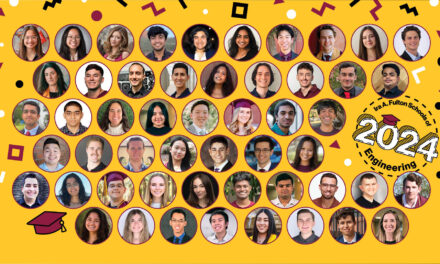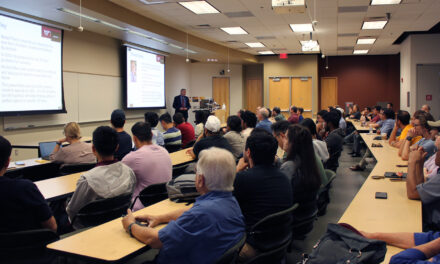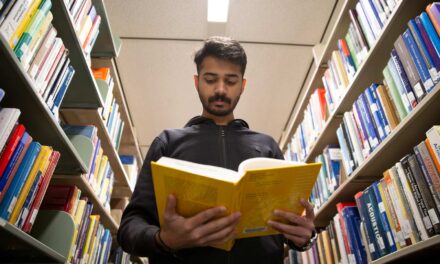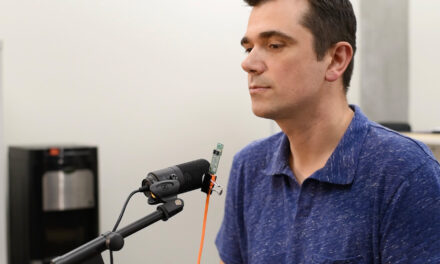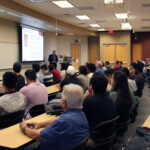
Fulbright Scholar helps evolve construction industry
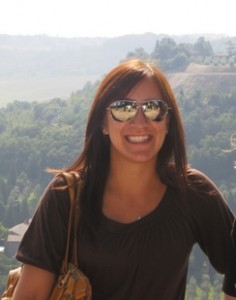
Kristen Barlish traveled to Italy in 2009 to study architecture and international business management during her senior year in ASU’s Del E. Webb School of Construction Programs. She will return to Italy later this year, supported by a Fulbright scholarship, as she pursues studies and research to earn a Ph.D. in construction management.
Posted: June 1, 2011
Kristen Barlish sees a panorama of cause-and-effect when she examines buildings.
Her studies at Arizona State University in construction and facilities management have taught her to see structures as more than just the sum of tools, materials and designs. To her, the ways in which buildings are constructed reflect the varied cultural, historical and even psychological perspectives of the builders.
Her aspirations to go beyond technical comprehension of the construction industry and delve into these deeper aspects have helped Barlish earn a prestigious Fulbright Scholarship. She intends to use the scholarship funding to support research into how understanding such motivational roots can help pave the way for more efficient and sustainable approaches to constructing new buildings and rehabilitating older ones.
Fulbright grants are part of a U.S. government-sponsored international educational exchange program to promote understanding between U.S. citizens and people from other countries. Students are awarded scholarships based on academic merit and leadership potential. They get opportunities to study, teach, conduct research and exchange ideas, with the goal of contributing to efforts to find solutions to common international challenges.
Beginning in September, Barlish will study for nine months in Turin, Italy, at the Politecnico di Torino, which boasts one of Europe’s most prominent engineering and construction programs.
Barlish earned a bachelor’s degree in 2010 from the Del E. Webb School of Construction Programs, part of the School of Sustainable Engineering and the Built Environment, which is one of ASU’s Ira A. Fulton Schools of Engineering.
She’s now pursuing a master’s degree in the same program and already has been accepted into the doctorate program. During her Fulbright school year abroad, she plans to begin work that will form the basis for her doctoral dissertation. Her primary career ambition isn’t a narrow one.
“I want to do more than work in the construction industry,” Barlish says. “I want to change it. I want to be part of its evolution.”
Barlish sees today’s construction industry facing challenges to its stability as the world’s economic, business and technological environments change rapidly and sometimes dramatically. Those who want to guide it to new prosperity must possess much more than technical expertise, she says.
It’s easy to see why the Fulbright program saw potential for such leadership in Barlish. As an undergraduate, in addition to a construction management degree, she completed studies to earn a minor in communications from ASU’s Walter Cronkite School of Journalism and Mass Communications and certificate in international business management from ASU’s W. P. Carey School of Business. She spent the fall semester of her senior year studying architecture and international business in Florence, Italy.
She maintained a 4.0 grade point average, earned a scholarship from the International Facilities Management Association and the Association of General Contractors Foundation Scholarship. She was named the Distinguished Senior in the 2008-2009 class of the Del E. Webb School and given the school’s Outstanding Graduate Award in 2010. She also served as vice president of the Phoenix student chapter of the International Facilities Management Association, became an accredited member of the U.S. Green Building Council and the student chapter of the Association of General Contractors.
Barlish was accepted into Sigma Lambda Chi, the international construction honor society, and served a term as its president, and is a member of the Construction Students Abroad group at ASU. She volunteered with Habitat for Humanity and became a mentor for younger ASU students.
In the midst of all this, Barlish completed several internships that gave her experience in providing construction services for the health care and semiconductor industries, and for public and private-sector project. She has also worked as a construction management research assistant at ASU.
Her education and work experience has led Barlish to focus on sustainability issues in construction – specifically the need to improve the durability and extend the productive lifecycles of buildings.
“Poor building practices are a losing game, in terms of what is lost in energy [efficiency], in our living environments, our heritage, and what we lose economically in the long term,” she explains.
She hopes to be among those who will “bridge the gap between academia, research and the industry” to help cultivate a sustainability ethic.






